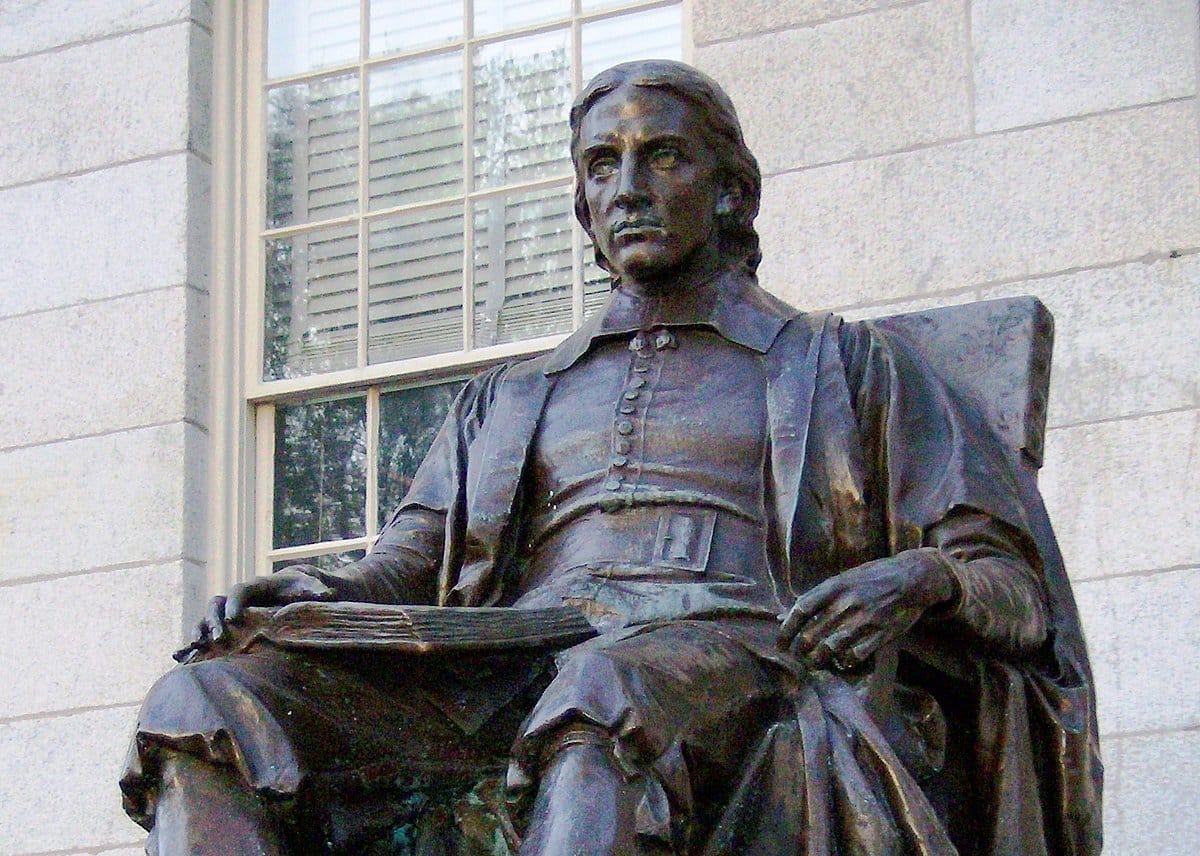Federal Judge Denies Harvard’s Bid To Dismiss Affirmative Action-Related Lawsuit

BOSTON — A federal judge has squashed Harvard University's bid to dismiss a lawsuit that seeks to draw back the curtain on the elite institution's admissions policies.
The plaintiffs, represented by the Arlington, Virginia-based Students For Fair Admissions organization, have sought to prove that Harvard discriminates against qualified Asian applicants. The complaint names several plaintiffs, including an unnamed Chinese-American student from a nationally ranked high school who graduated at the top of his class but was later denied admission to Harvard's incoming class in 2014.

